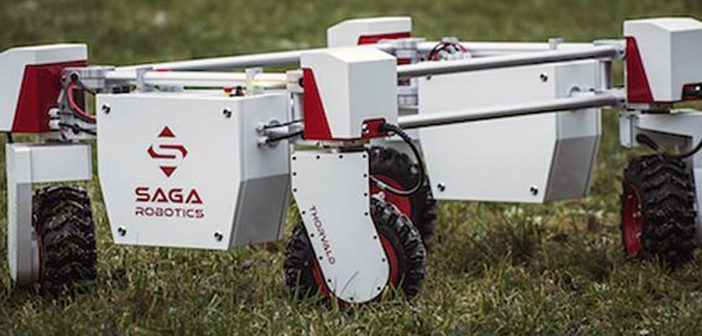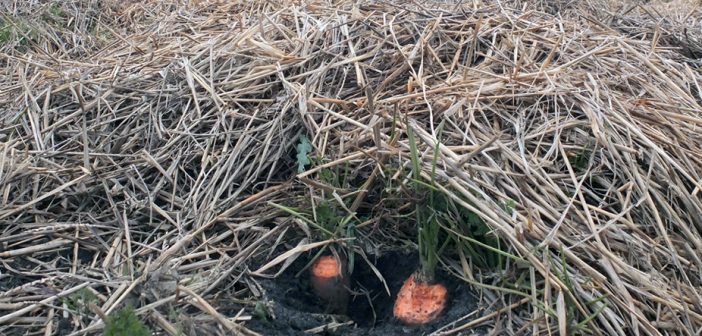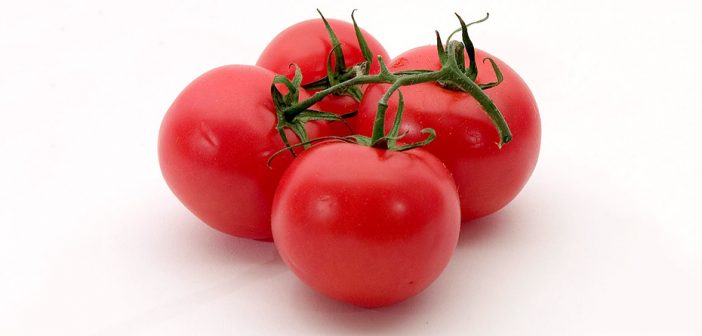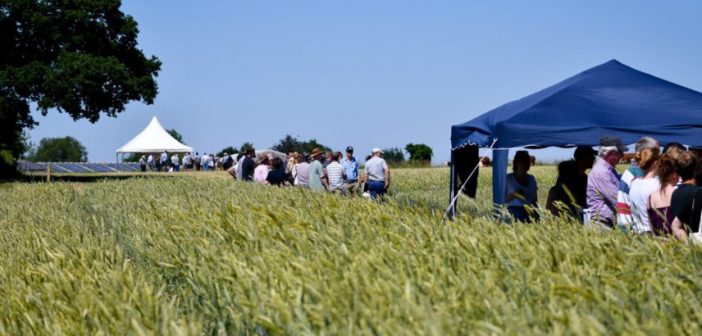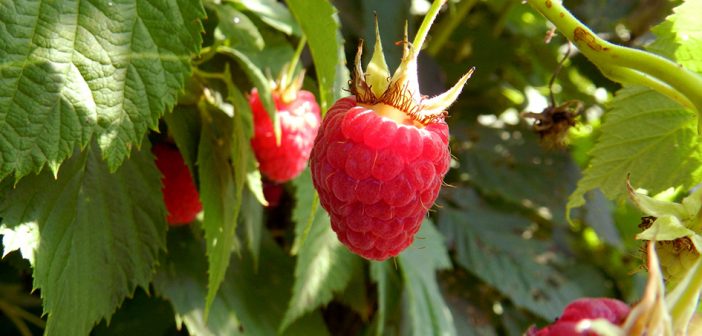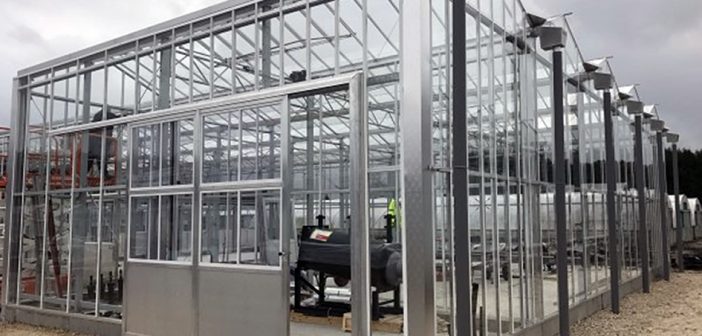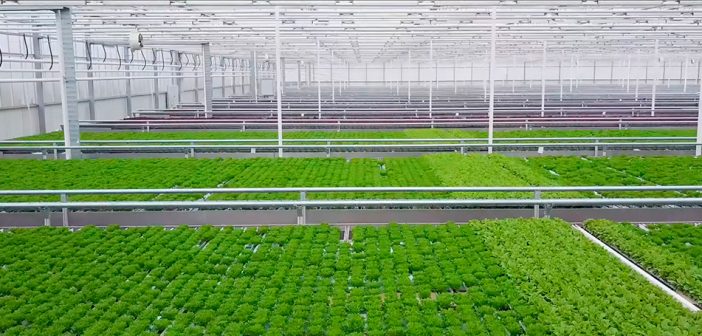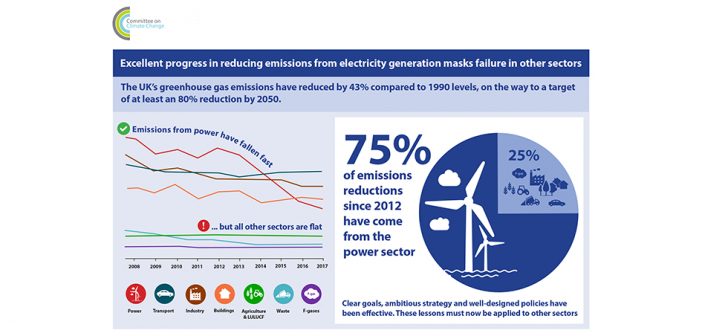As the hot dry weather continues, retailers and wholesalers are continuing to import fresh produce, including salad and brassica crops from across Europe to fill the gaps created by UK crops.
There are reports that even farms with irrigation are struggling as temperatures in excess of 30 deg. C are stopping plants from growing. The British Leafy Salads Association has said that yields are around a quarter of normal for the time of year, while demand is up 40 per cent.
Tony Clemence of Total Produce told The Guardian that the firm was currently importing 30% of its iceberg lettuce and 40% of its celery from Spain and Poland, while the same report said that the firm’s newsletter had warned there is ‘currently no alternative country of origin available” for Tenderstem broccoli and that supplies of fine beans, mange tout and sugar snap peas were low and their quality “intermittent”.
At the same time Spanish producers have warned that they cannot meet all the gaps created by the weather which is affecting much of Northern Europe. Ginés Navarro, of Murcian salad producer Agridemur, said, “Many of the companies we work with in the winter are demanding products from us, especially spinach in the United Kingdom.
“Like most other producers of leafy vegetables in Murcia, our productions are mostly scheduled based on contracts, both in winter and in summer. It is true that there are producers that grow for the free market in winter, but in summer, practically everything is intended for the domestic market and is already programmed. That is why there is little we can do.”
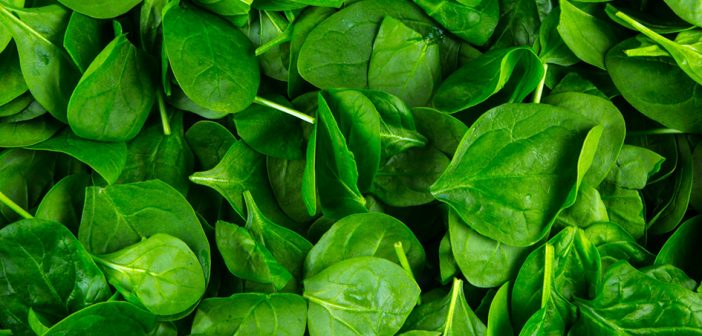
Photo Credit: Public Domain Pictures
The post As weather continues, Spain struggles to fill the gaps appeared first on Hort News on 23 July 2018.
